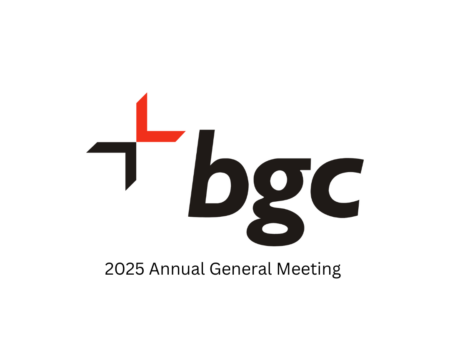Amidst the fervor of the ongoing General Election campaign in the UK, the Labour Party has been thrust into turmoil following the suspension of Kevin Craig, their candidate for Central Suffolk and North Ipswich. Craig’s admission of betting on his own electoral defeat, revealed during an investigation by the Gambling Commission, has prompted significant repercussions. Labour, led by Keir Starmer, has taken the unprecedented step of returning over £100,000 ($126,705) in donations received from Craig, aiming to distance themselves from the scandal and maintain electoral integrity.
Conservative Party Fallout
Simultaneously, the Conservative Party faces its own crisis as it withdraws support from Craig Williams and Laura Saunders, two candidates implicated in betting activities surrounding the election date. Allegations surfaced that Craig Williams, a close aide to Rishi Sunak, placed a £100 bet on the timing of the election prior to its official announcement. The swift action by Conservative leadership underscores their commitment to addressing electoral integrity amidst mounting allegations and controversy.
Complications with Scotland’s Secretary
The scandal has further deepened with the involvement of Alister Jack, Scotland’s Secretary, who admitted to placing bets on the election date. Despite denying any prior knowledge of the election timing, Jack defended his actions as compliant with regulations. His admission complicates the situation, implicating additional prominent figures within the political arena and adding layers of scrutiny to the unfolding controversy.
Expanding Investigation
In response to the widening scope of the controversy, the Gambling Commission has expanded its investigation beyond the initial suspects. This expanded probe now includes scrutiny of other politicians, party officials, and their associates, aiming to uncover the full extent of gambling activities and assess potential breaches of regulatory standards and ethical guidelines.
Implications for Political Integrity
These unfolding events have sparked widespread debate and scrutiny over the credibility and ethical standards within the UK’s political system. As the General Election campaign progresses, both Labour and the Conservative Party face the critical task of addressing these issues transparently to restore public trust. The outcomes of the ongoing investigations are anticipated to have far-reaching implications for the implicated individuals and could significantly influence the electoral landscape moving forward.
Conclusion and Future Outlook
The unfolding gambling scandals have thrown the UK’s General Election campaign into unprecedented turmoil, exposing vulnerabilities and raising fundamental questions about political integrity. As the nation navigates these challenges, the spotlight remains firmly on how political leaders navigate these controversies and uphold the trust of the electorate in the pursuit of a fair and transparent democratic process. The outcomes of these investigations will undoubtedly shape the political landscape and public perception in the days and weeks ahead.
FAQs About UK Political Scene Rocked by Gambling Scandals Amid General Election Campaign
1. Why was Kevin Craig, Labour’s candidate for Central Suffolk and North Ipswich, suspended?
Kevin Craig was suspended after admitting to betting on his own electoral defeat, which was uncovered during an investigation by the Gambling Commission.
2. What actions did Labour take in response to Kevin Craig’s suspension?
Labour under Keir Starmer’s leadership decided to return over £100,000 in donations received from Kevin Craig, aiming to distance themselves from the scandal.
3. Which Conservative Party candidates were implicated in gambling activities related to the election?
Craig Williams and Laura Saunders were implicated, leading to the Conservative Party withdrawing their support from these candidates.
4. What allegation was made against Craig Williams, a close aide to Rishi Sunak?
Craig Williams allegedly placed a £100 bet on the timing of the election before its official announcement.
5. What role did Alister Jack, Scotland’s Secretary, play in the gambling controversy?
Alister Jack admitted to placing bets on the election date but denied any prior knowledge of when the election would be called.
6. Why did the Gambling Commission expand its investigation?
The Gambling Commission expanded its investigation to include not only the initially implicated individuals but also other politicians, party officials, and their associates to uncover the full extent of gambling activities.
7. What are the potential consequences of these gambling scandals for political integrity?
These scandals have raised concerns about the credibility and ethical standards within the UK’s political system, potentially impacting public trust in political leaders and the electoral process.
8. How are Labour and the Conservative Party expected to address these controversies moving forward?
Both Labour and the Conservative Party are expected to address these issues transparently to restore public trust and uphold electoral integrity during the ongoing General Election campaign.
9. What are the broader implications of these scandals for the UK’s political landscape?
The outcomes of the ongoing investigations could have significant implications for the implicated individuals and may influence voter perception and political outcomes in the upcoming General Election.
10. What steps are being taken to ensure fair and transparent democratic processes amidst these scandals?
Efforts are underway to navigate these challenges and uphold the trust of the electorate, emphasizing the importance of maintaining ethical standards and accountability in political conduct.


















